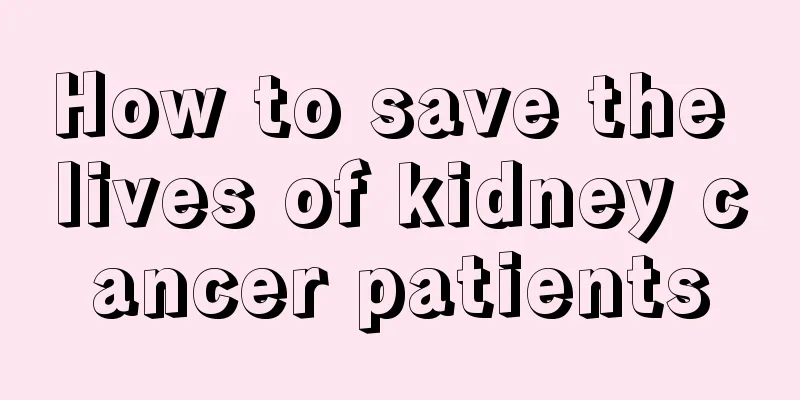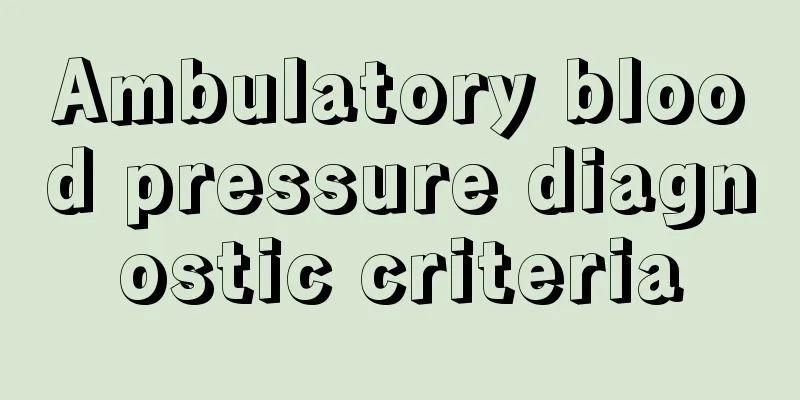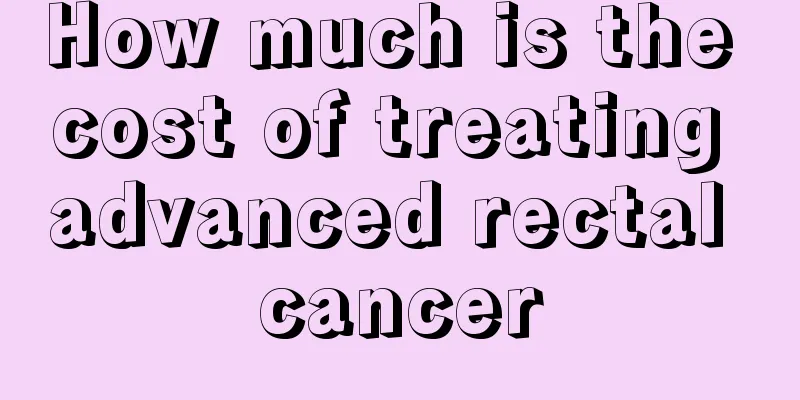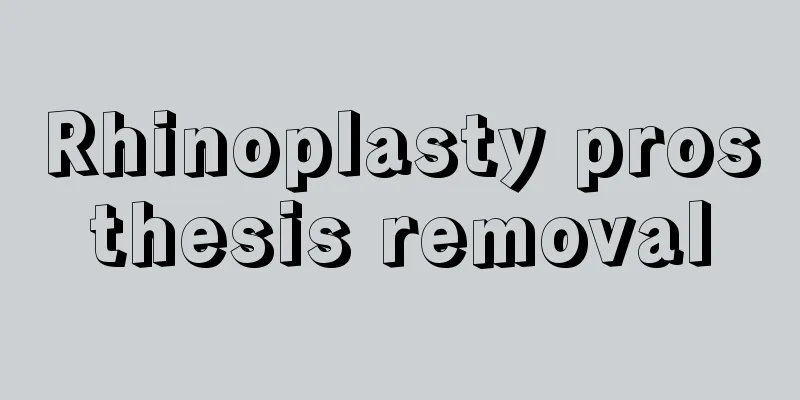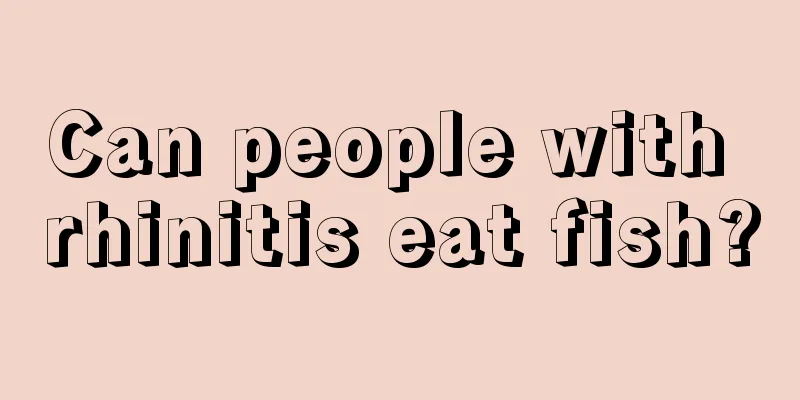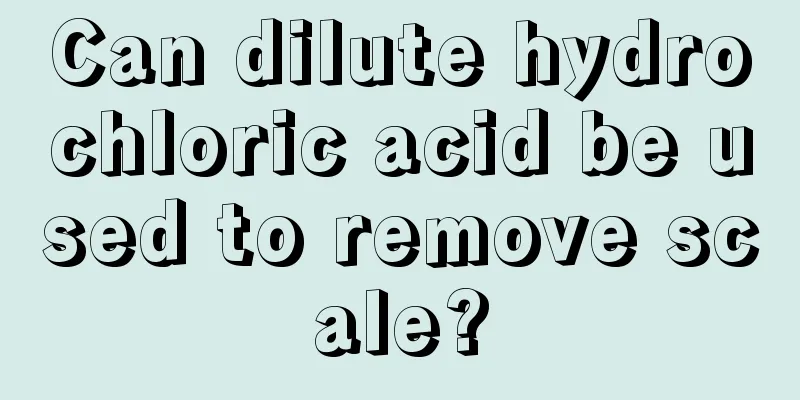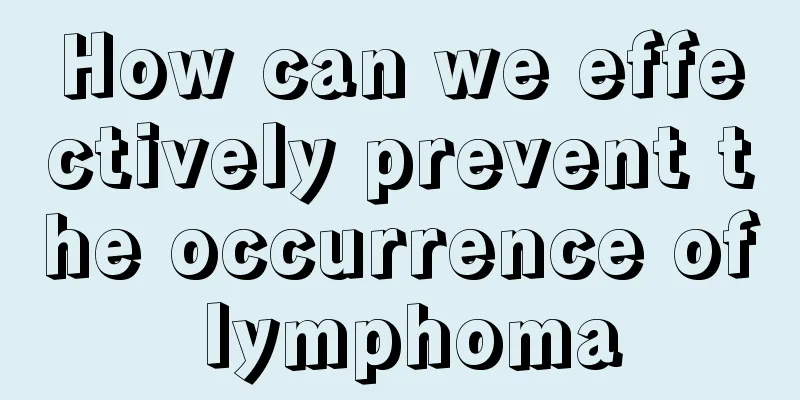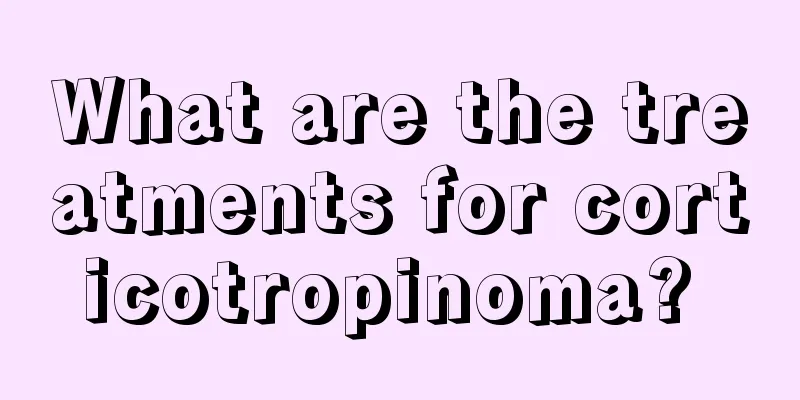Commonly used drugs and regimens for chemotherapy of esophageal cancer
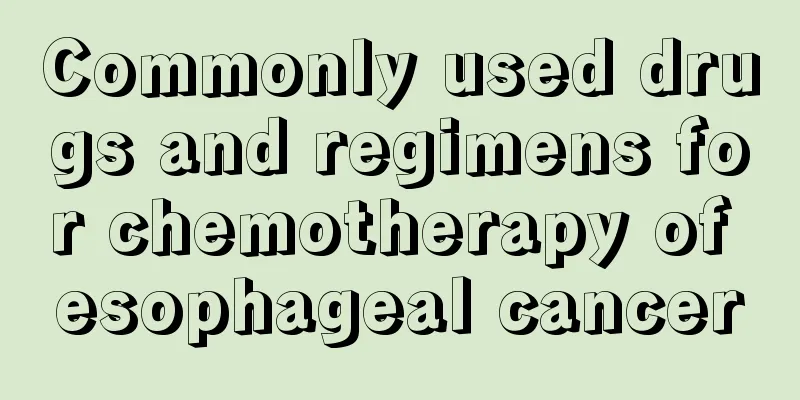
|
Esophageal cancer is a common tumor of the digestive system. Chemotherapy is a common treatment for esophageal cancer. Let's take a look at the two common chemotherapy regimens and precautions for esophageal cancer: Solution 1: DDF+5-Fu Repeat every 3-4 weeks Note: 1. The adverse reactions of this regimen are mainly gastrointestinal toxicity, including nausea, vomiting, stomatitis, and gastrointestinal mucosal damage, which require the use of antiemetic drugs such as 5-HT3 receptor antagonists. 2. In clinical use, individual tolerance of 5-Fu varies greatly. If a patient develops significant oral mucositis and diarrhea during the first course of chemotherapy, the dose of 5-Fu should be reduced in the next course. 3. The use of large doses of DDP requires hydration and diuresis. 4. This regimen is most widely used in esophageal cancer. For patients with locally advanced disease, the efficacy of this regimen is 40% to 50%. If performed simultaneously with radiotherapy, both drugs have a radiosensitizing effect, and the adverse reactions of this regimen are relatively mild. Option 2: Paclitaxel+DDP+5-Fu Repeat every 4 weeks Note: 1. The main adverse reaction of this regimen is bone marrow suppression, but there is no need to use prophylactic G-CSF. If agranulocytosis infection occurs, the use of G-CSF for prophylactic anti-infection can be considered in the next course of treatment. 2. In clinical use, individual tolerance of 5-Fu varies greatly. If a patient develops significant oral mucositis and diarrhea during the first course of chemotherapy, the dose of 5-Fu should be reduced in the next course. 3. The use of large doses of DDP requires hydration and diuresis. 4. The clinical efficacy of this regimen is 48%, with a high CR rate of 12%. In general, chemotherapy regimens containing PTX have a high efficacy. 5. For recurrent and metastatic esophageal cancer, the purpose of chemotherapy is palliative treatment, which aims to improve the quality of life and/or prolong survival. Therefore, the intensity of treatment should not be excessive. Effective patients should maintain treatment for 4 to 6 courses. Patients who are ineffective or have failed treatment can consider the use of new drug composition regimens, and clinical trials can also be considered. 6. Patients receiving concurrent radiotherapy and chemotherapy should pay attention to adverse reactions. |
<<: Targeted drug therapy for esophageal cancer
>>: What are the traditional Chinese medicine formulas for esophageal cancer
Recommend
How to treat alternating nasal congestion caused by rhinitis
Alternating nasal congestion caused by rhinitis i...
Why do I always lose a lot of hair
Everyone loses hair every day. From a physiologic...
The pain when a man shaves is actually a sign of illness
A healthy male has an average of 385 beard hairs ...
What diseases can breast cancer cause
Breast cancer mostly occurs in women around the m...
The correct way to wash your face with yogurt
Yogurt is a drink we often drink. The nutritional...
Common sites of giant cell tumor of bone
Although the living standards are better nowadays...
How to prevent wounds from leaving scars, 3 methods to remember
When the skin of the body is injured, wounds will...
What are some tips for removing acne and acne marks?
As for acne, I believe that friends who have this...
What does core antibody positive mean
Generally speaking, a positive core antibody test...
What fruits are good for gastrointestinal cancer
Gastrointestinal cancer is a major threat to heal...
What are the early symptoms of lung cancer? Four common early symptoms of lung cancer
It manifests as hypertrophy of the first joints o...
How to care for melanoma patients
Melanoma is a common tumor disease in recent year...
Does lumbar thread embedding hurt?
Many people may not be very clear about what lumb...
What is the reason for spots on the nose
Many people have spots on their faces. In fact, s...
The efficacy of pure plant essential oils
Nowadays, everyone is very familiar with essentia...
